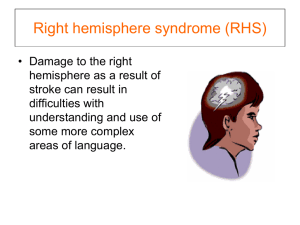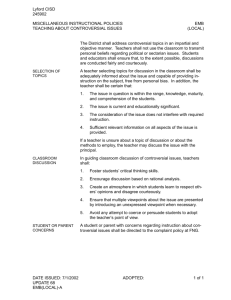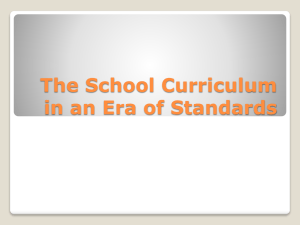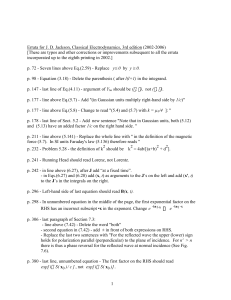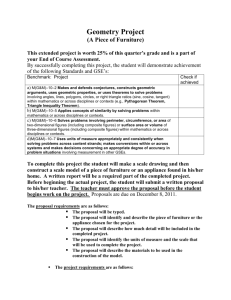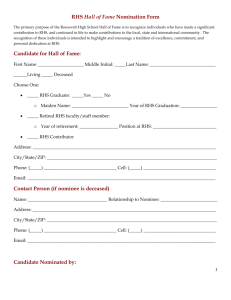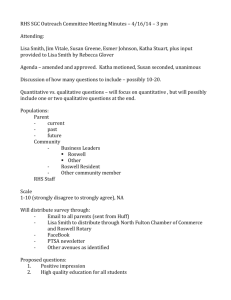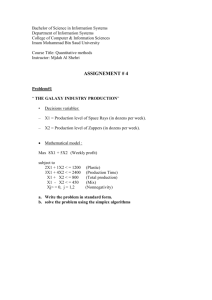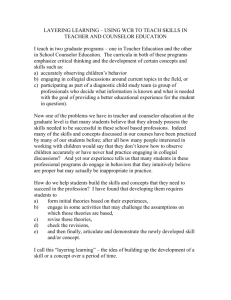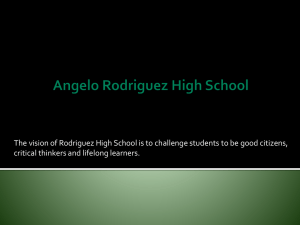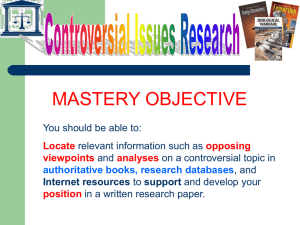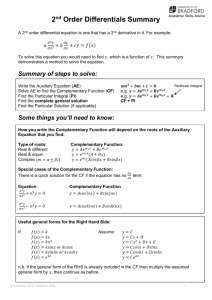Minutes - Rhinebeck Central School District
advertisement
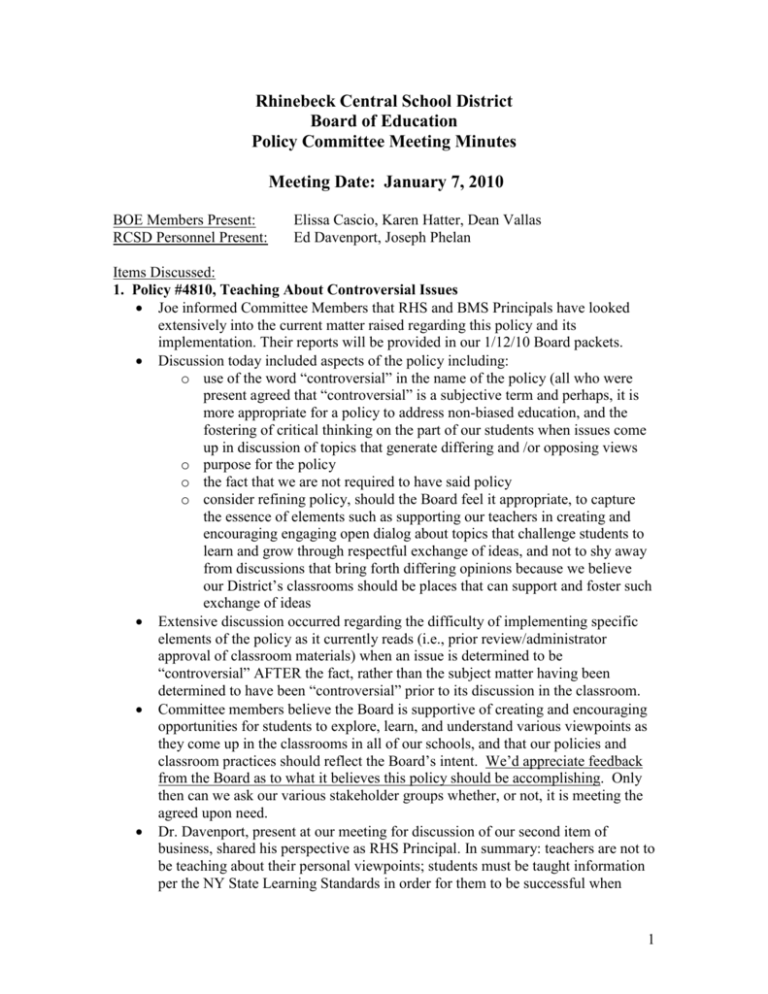
Rhinebeck Central School District Board of Education Policy Committee Meeting Minutes Meeting Date: January 7, 2010 BOE Members Present: RCSD Personnel Present: Elissa Cascio, Karen Hatter, Dean Vallas Ed Davenport, Joseph Phelan Items Discussed: 1. Policy #4810, Teaching About Controversial Issues Joe informed Committee Members that RHS and BMS Principals have looked extensively into the current matter raised regarding this policy and its implementation. Their reports will be provided in our 1/12/10 Board packets. Discussion today included aspects of the policy including: o use of the word “controversial” in the name of the policy (all who were present agreed that “controversial” is a subjective term and perhaps, it is more appropriate for a policy to address non-biased education, and the fostering of critical thinking on the part of our students when issues come up in discussion of topics that generate differing and /or opposing views o purpose for the policy o the fact that we are not required to have said policy o consider refining policy, should the Board feel it appropriate, to capture the essence of elements such as supporting our teachers in creating and encouraging engaging open dialog about topics that challenge students to learn and grow through respectful exchange of ideas, and not to shy away from discussions that bring forth differing opinions because we believe our District’s classrooms should be places that can support and foster such exchange of ideas Extensive discussion occurred regarding the difficulty of implementing specific elements of the policy as it currently reads (i.e., prior review/administrator approval of classroom materials) when an issue is determined to be “controversial” AFTER the fact, rather than the subject matter having been determined to have been “controversial” prior to its discussion in the classroom. Committee members believe the Board is supportive of creating and encouraging opportunities for students to explore, learn, and understand various viewpoints as they come up in the classrooms in all of our schools, and that our policies and classroom practices should reflect the Board’s intent. We’d appreciate feedback from the Board as to what it believes this policy should be accomplishing. Only then can we ask our various stakeholder groups whether, or not, it is meeting the agreed upon need. Dr. Davenport, present at our meeting for discussion of our second item of business, shared his perspective as RHS Principal. In summary: teachers are not to be teaching about their personal viewpoints; students must be taught information per the NY State Learning Standards in order for them to be successful when 1 demonstrating their knowledge on various Regents exams; Students must understand the knowledge that is taught in accordance with Board adopted Curriculum that are in support of the NY State Learning Standards, however, they do not necessarily have to believe in a theory that is taught. Discussion of different theories should be encouraged, no matter the curriculum area being taught in any of our classrooms. Next steps: o After review of report from Mr. Phelan to the full Board, ask the Board to provide any specific feedback relative to the existence of policy #4810, as well as its structure and aspects of the subject it covers o In light of today’s Committee discussion, members agreed to come to our next meeting (February) prepared to suggest appropriate changes to this policy that might make it better serve the needs for which it was developed, in the best interest of student learning, respect for differing points of views, and critical thinking, while maintaining our focus on student achievement of the knowledge base required by the NY State Learning Standards 2. Board of Education Goal – School Climate Dr. Davenport reviewed highlights of the results of the School Climate Survey (through the Center for Social / Emotional Learning) completed at RHS two years ago, and the resulting plans taking shape designed to lay a foundation for improvement in school climate at the HS. RHS recommends we administer the survey again in order to obtain regular feedback on progress and/or changes in how students, faculty, and parents perceive our school climate and culture to be. Committee members encouraged this approach. This is a long term aspect of our overall student experience that requires constant monitoring in order to provide support, classroom experiences that provide opportunities for students to feel connected with their peers and teachers, outreach to parents, extra curricular programs that improve connections to school. Three focal areas have been established in the area of Social / Emotional Learning for RHS as a result of the Administration and the staff utilizing the data obtained. 1. Verbal bullying / harassment / teasing 2. Teaching (infused into lesson plans) about social – emotional – ethics behavior 3. Respect for diversity Next Meeting: February 4, 2010 Respectfully Submitted: Elissa Cascio 2
